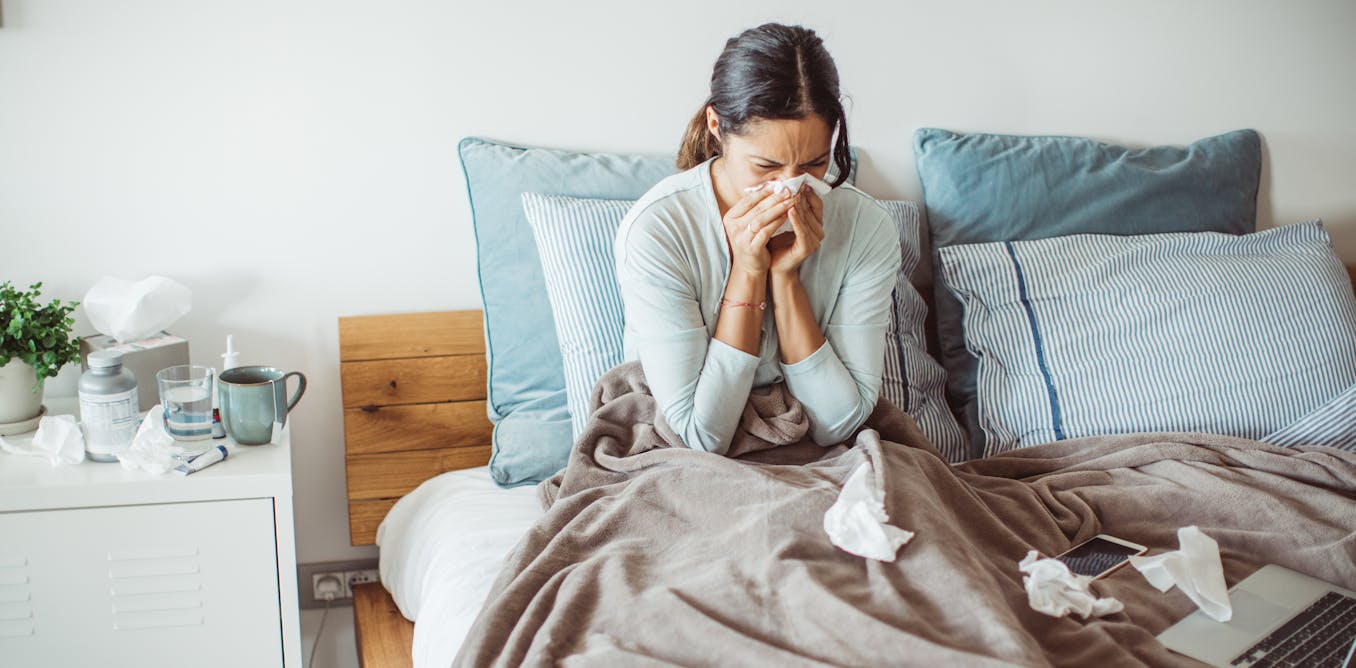As winter arrives in Australia, along with the drop in temperature, there is a noticeable increase in respiratory illnesses. While COVID, influenza, and RSV usually dominate the headlines during winter, scientists are now focusing on another virus that is quietly spreading - human metapneumovirus (hMPV).
Although not a new virus, hMPV is gaining recognition as a significant contributor to seasonal respiratory infections, particularly affecting young children, older individuals, and those with weakened immune systems.
What to Know About hMPV
Characteristics of hMPV:
- Close relative of RSV causing upper or lower respiratory tract infections
- Symptoms include cough, fever, sore throat, and nasal congestion
- Can lead to serious illness like bronchiolitis or pneumonia in vulnerable populations
- Spreads through coughs, sneezes, and touching contaminated surfaces
- Most people will experience hMPV infection at some point in their lives
Global Impact of hMPV:
In late 2024, China observed a significant increase in hMPV cases, prompting concerns among health experts. Similarly, the United States has reported a rise in hMPV infections post-COVID pandemic. While Australia lacks comprehensive national data on hMPV due to non-mandatory reporting, surveillance systems like ASPREN provide insights into infection rates.
Vaccines and Treatments
Currently, there is no specific treatment or vaccine for hMPV. Mild cases can be managed at home with rest and symptom relief, while severe infections may require hospitalization. Companies like Moderna and Pfizer are actively developing vaccines, although they are not yet available.
Preventive Measures:
The best defense against hMPV and other respiratory viruses includes practicing good hygiene habits like frequent handwashing, covering coughs, staying home when sick, cleaning shared surfaces, and considering mask-wearing in crowded indoor settings during virus season.
Source: The Conversation














